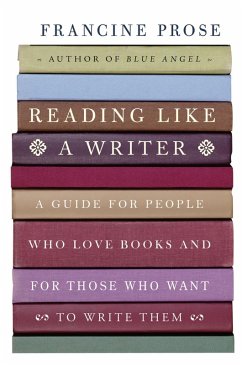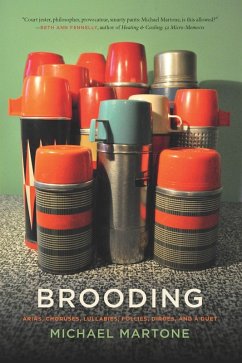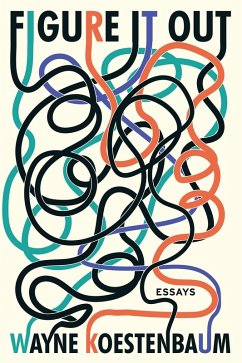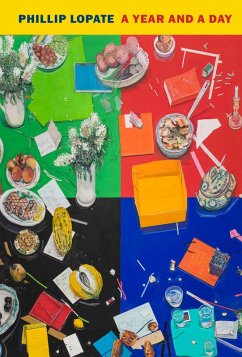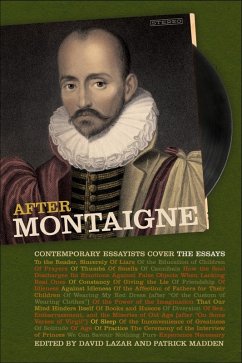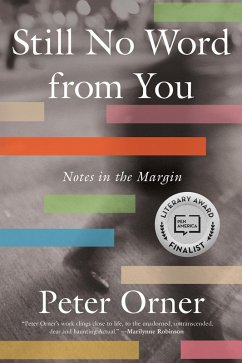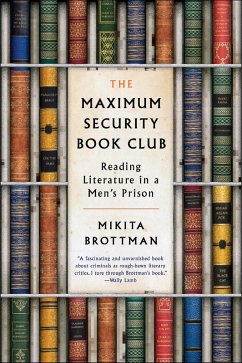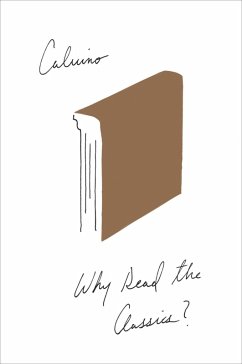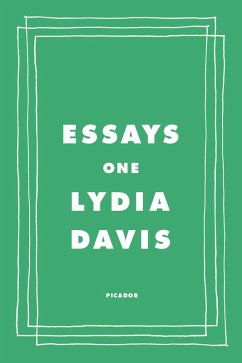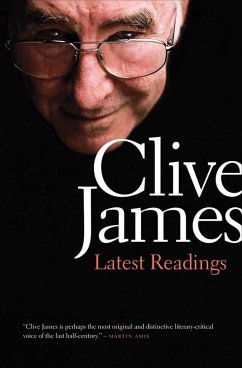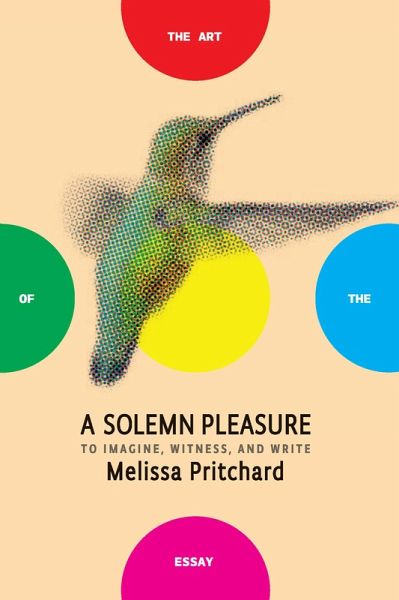
A Solemn Pleasure (eBook, ePUB)
To Imagine, Witness, and Write

PAYBACK Punkte
5 °P sammeln!
"A writer at the height of her powers" (Oprah.com) reflects on a literary life pulled in two directions: from war zone journalism to the writing and teaching of fictionIn an essay entitled "Spirit and Vision" Melissa Pritchard poses the question: "Why write?" Her answer reverberates throughout A Solemn Pleasure, presenting an undeniable case for both the power of language and the nurturing constancy of the writing life. Whether describing the deeply interior imaginative life required to write fiction, searching for the lost legacy of American literature as embodied by Walt Whitman, being embed...
"A writer at the height of her powers" (Oprah.com) reflects on a literary life pulled in two directions: from war zone journalism to the writing and teaching of fiction
In an essay entitled "Spirit and Vision" Melissa Pritchard poses the question: "Why write?" Her answer reverberates throughout A Solemn Pleasure, presenting an undeniable case for both the power of language and the nurturing constancy of the writing life. Whether describing the deeply interior imaginative life required to write fiction, searching for the lost legacy of American literature as embodied by Walt Whitman, being embedded with a young female GI in Afghanistan, traveling with Ethiopian tribes, or revealing the heartrending story of her informally adopted son William, a former Sudanese child slave, this is nonfiction vividly engaged with the world. In these fifteen essays, Pritchard shares her passion for writing and storytelling that educates, honors, and inspires.
Melissa Pritchard is the author of the novel Palmerino, the short story collection The Odditorium, and the essay collection A Solemn Pleasure: To Imagine, Witness, and Write, among other books. Emeritus Professor of English and Women's Studies at Arizona State University, she now lives in Columbus, Georgia.
In an essay entitled "Spirit and Vision" Melissa Pritchard poses the question: "Why write?" Her answer reverberates throughout A Solemn Pleasure, presenting an undeniable case for both the power of language and the nurturing constancy of the writing life. Whether describing the deeply interior imaginative life required to write fiction, searching for the lost legacy of American literature as embodied by Walt Whitman, being embedded with a young female GI in Afghanistan, traveling with Ethiopian tribes, or revealing the heartrending story of her informally adopted son William, a former Sudanese child slave, this is nonfiction vividly engaged with the world. In these fifteen essays, Pritchard shares her passion for writing and storytelling that educates, honors, and inspires.
Melissa Pritchard is the author of the novel Palmerino, the short story collection The Odditorium, and the essay collection A Solemn Pleasure: To Imagine, Witness, and Write, among other books. Emeritus Professor of English and Women's Studies at Arizona State University, she now lives in Columbus, Georgia.
Dieser Download kann aus rechtlichen Gründen nur mit Rechnungsadresse in A, D ausgeliefert werden.




